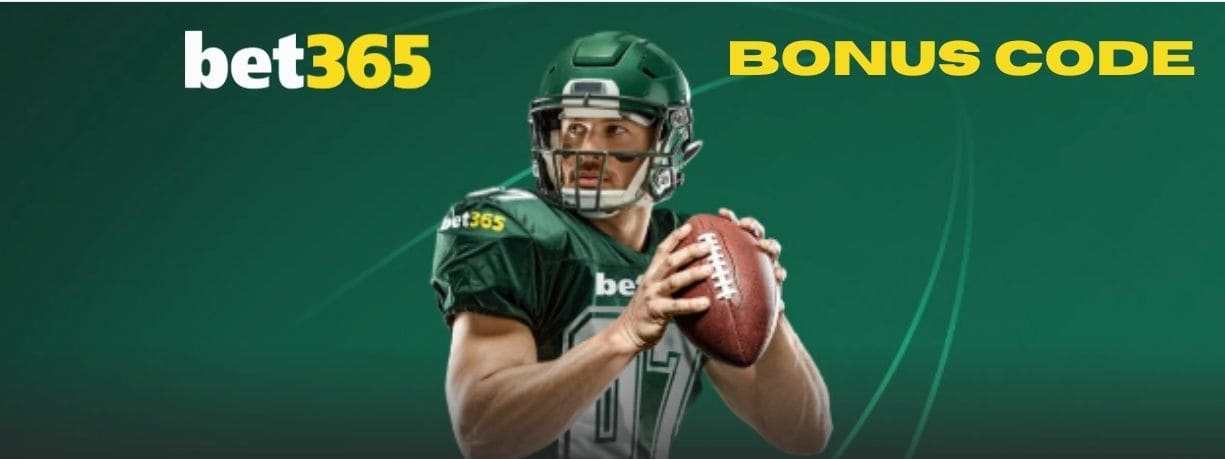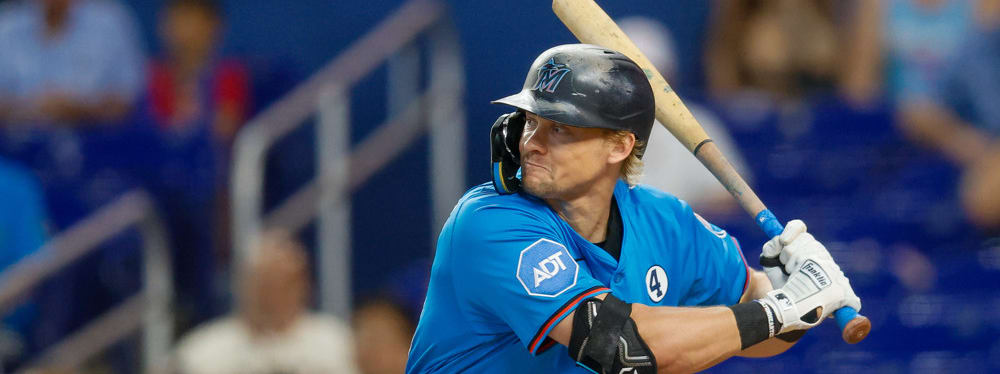
This week's leaderboard takes a look at fastball swinging strike rate and the rare hitters who manage to overcome an elevated number in that category such as Kyle Stowers.
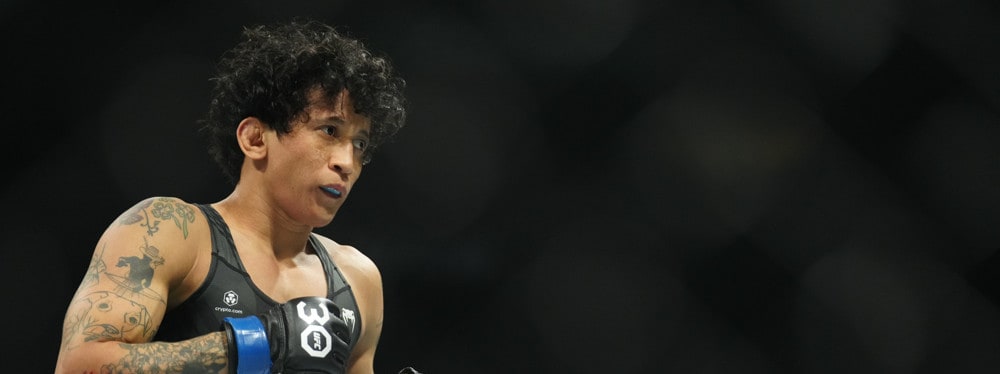
The best MMA bets, top DFS picks across multiple sites, and predictions for this weekend's UFC 321 card are live on RotoWire before Saturday's international event

Kaden Honeycutt had a strong run earlier this season at Martinsville, and C.J. Radune features the No. 52 driver in his top DFS values and best bets for this week's Slim Jim 200.
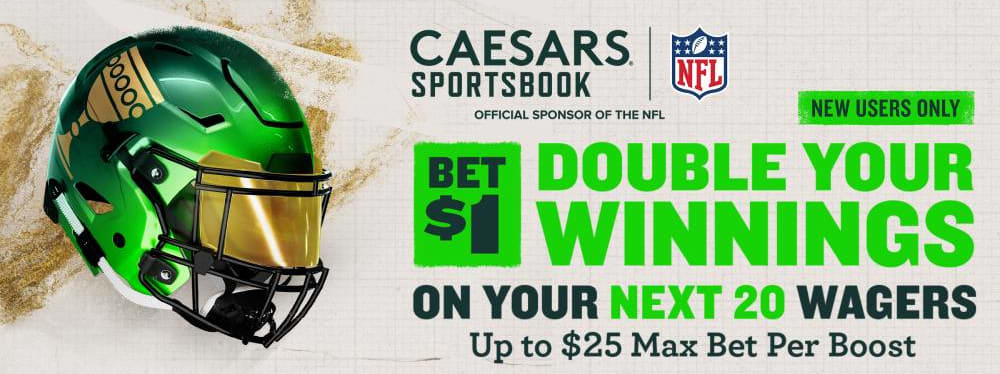
Looking to bet on Thursday Night Football? You can double your winnings with the Caesars Sportsbook Promo Code ROTO20X.

Complete DraftKings NBA DFS breakdown for Thursday: Jokic must-play status, SGA Finals rematch, injury replacements & optimal lineup strategy for 2-game slate.

RotoWire has the best prop bets for the Vikings vs Chargers on Thursday Night Football! Find out more about our Vikings vs Chargers player props for Week 8.
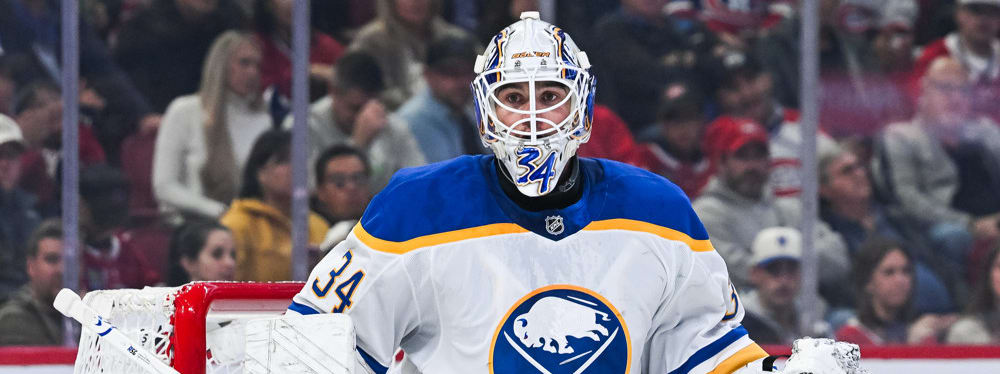
Paul Bruno looks over the shifting goaltending landscape in the NHL as the Buffalo Sabres' Alex Lyon is one of a number of backups taking on much bigger roles than expected.
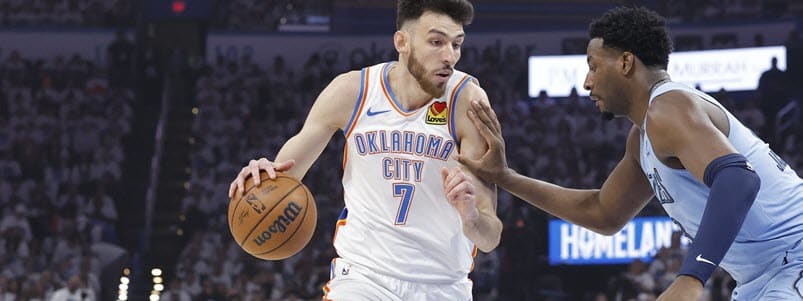
Expert NBA betting picks for Thursday, October 23. Chet Holmgren points, Nikola Jokic rebounds, plus top three-point props from our handicappers.

You can get a 3-mont subscription to NBA League Pass by signing up with our exclusive link. Learn about how to claim the NBA League Pass promo code today!
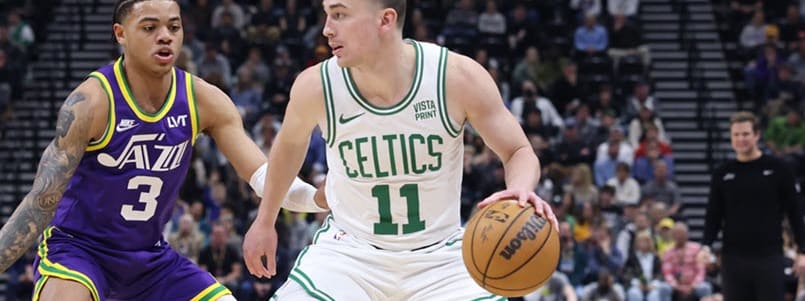
Learn how to track NBA rotations & lineup changes to spot high-usage bench players, uncover fantasy basketball value & identify DFS sleepers with potential.
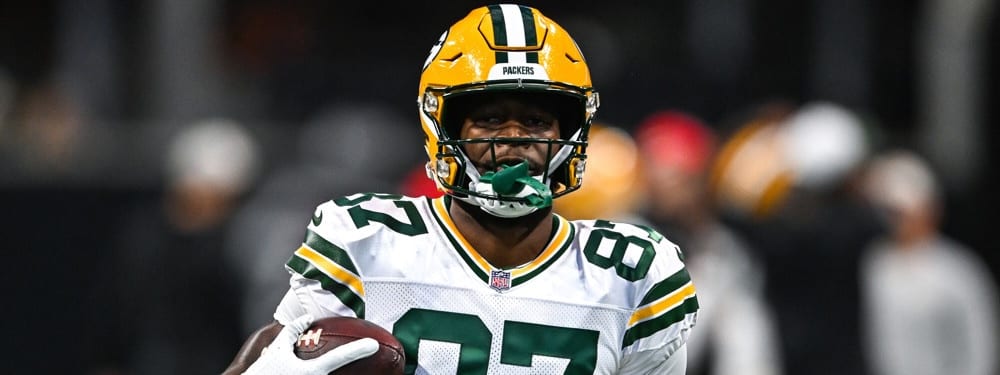
Fantasy football Start/Sit tips and top streamers for Week 8. Get matchup-based advice, lineup picks and waiver adds to gain an edge this week.

Bettors can wager on Thursday Night Football on October 23 to get up to $1,500 in bonus bets with BetMGM using our exclusive code ROTOSPORTS.

Earn $300 in bonus bets if your Thursday Night Football bet wins after using the FanDuel promo code. Find out about this sign-up bonus today!

Bettors can wager on NFL Thursday to get up to $1,500 in bonus bets with BetMGM using our exclusive code ROTOSPORTS.

Get the best NFL betting promos and bonuses for Thursday Night Football featuring MIN vs LAC. Learn about exclusive NFL betting promos and how to claim them.
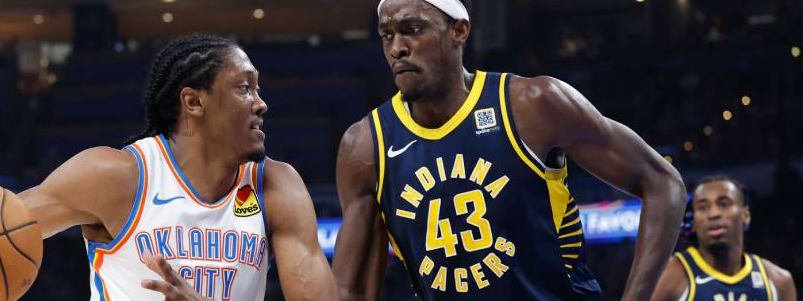
Thursday's best NBA Pick'Em plays for Pick6, PrizePicks and Sleeper. Get expert projections for Siakam, Kuminga and Johnson across tonight's Thunder-Pacers and Warriors-Nuggets matchups.


